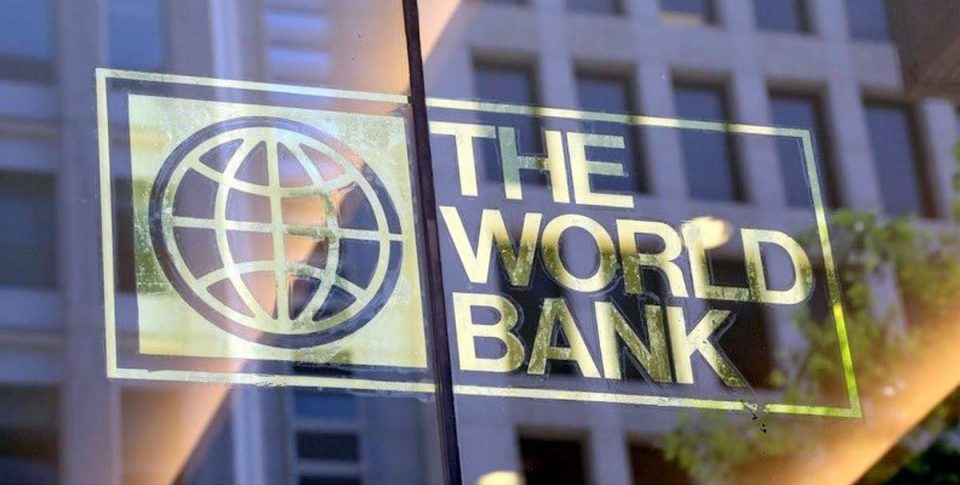The World Bank Group (WBG) has approved the sum of $1.5 billion social protection fund to help Nigeria finance resilient economic recovery post-COVID-19. This new Country Partnership Framework (CPF) will run from 2021 to 2024.
According to the bank, Nigeria is at a critical juncture following the sharp decline in oil prices and production.
The bank calculated that government’s revenues could fall by more than $15 billion this year, and the crisis may push an additional 5 million Nigerians into poverty.
“With the sharp fall in oil prices due to COVID-19 pandemic, the economy was projected to contract by over 4 per cent in 2020, plunging the country into its deepest recession since the 1980s. Government’s revenues could fall by more than $15 billion this year, and the crisis will push an additional 5 million Nigerians into poverty.
“This CPF will guide our engagement for the next 5 years in supporting the Nigerian government’s strategic priorities by taking a phased and adaptive approach.
“To realise its long-term potential, the country has to make tangible progress on key challenges and pursue some bold reforms. Our engagement will focus on supporting Nigeria’s efforts to reduce poverty and promote sustained private sector-led growth.” it said.
The world apex bank also said that the CPF will focus on four thematic areas including, investing in human capital, increasing the coverage and effectiveness of social assistance programmes and investing in promoting women’s empowerment and youth employment and skills, especially for young women. “Investing in human capital by increasing access to basic education, quality water and sanitation services; improving primary healthcare; and increasing the coverage and effectiveness of social assistance programmes. Additional investments in promoting women’s empowerment and youth employment and skills, especially for young women, will also help reduce maternal and child mortality. It will equally promote jobs and economic transformation and diversification by supporting measures to unlock private investment and job creation and increasing access to reliable and sustainable power for households and firms.




